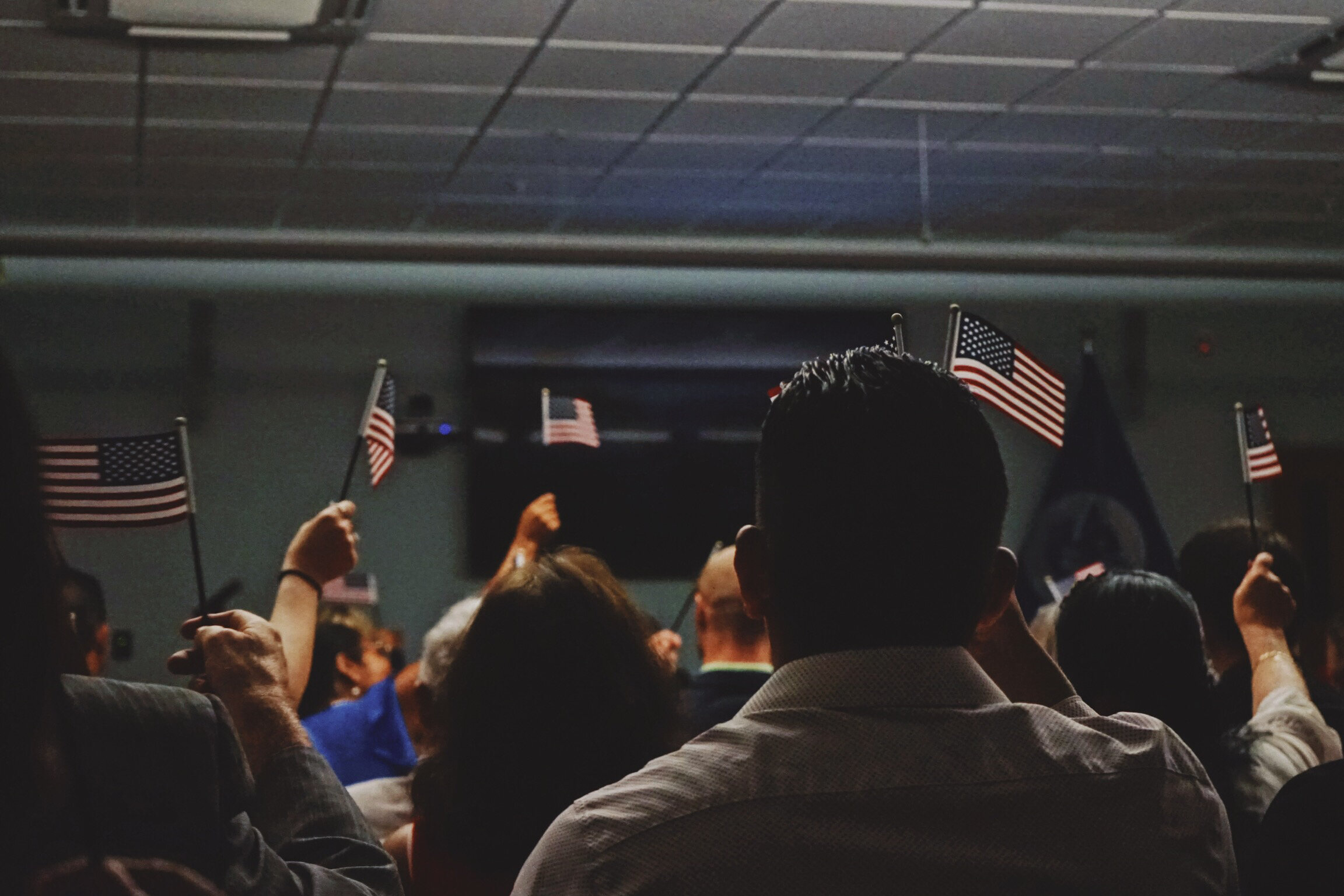
Immigration Law
K-1 Fiancé Visa
A K1 Fiancée Visa is a type of visa that allows foreign nationals to enter the United States for the sole and specific purpose of marrying their U.S. Citizen Fiancé. The K-1 visa beneficiary must marry the U.S. citizen petitioner within 90 days of entry. If you are a U.S. citizen and you want to legally bring your fiancé into the country, then a K1 Fiancé visa may be the best and fastest option for you. Children of K-1s are classified as K-2 nonimmigrants.
You may be eligible to file a K-1 Visa petition if you are a U.S. citizen and you and your fiancé(e) are legally free to marry and intend to marry within 90 days of your fiancé(e)’s admission to the United States; and have met each other in person within the two years immediately before you filed this petition.
If you have not met your fiancée in person, then you may qualify for an exception if you establish that either the requirement to meet your fiancé(e) in person would violate strict and long-established customs of your fiancé(e)’s foreign culture or social practice, and that any and all aspects of the traditional arrangements have been or will be met in accordance with the custom or practice; or the requirement to meet your fiancé(e) in person would result in extreme hardship to you; or you have filed or are filing Form I-130 on behalf of your spouse and wish to have your spouse enter as a nonimmigrant to await the immediate availability of an immigrant visa and to file for adjustment of status.
Cancellation of Removal for Non-Permanent Residents
EOIR 42B – Cancellation of Removal is a form of relief available to those who are in proceedings in Immigration Court. To obtain cancellation of removal, you must have met the 10 year presence requirement in the United States, have had good moral character during that period of time, have not been convicted of certain crimes, and demonstrate that your removal would result in exceptional and extremely unusual hardship to your USC or LPR spouse, parent, or child, and are deserving of a favorable exercise of discretion.
Cancellation of Removal for Permanent Residents
EOIR 42A Cancellation of Removal is a form of relief available to those who are in proceedings in Immigration Court. To obtain cancellation of removal, you must have been a lawful permanent resident (LPR) of the United States for at least five years at the time that the application is filed, have continually resided in the United States for at least seven years after being admitted in any status and have not been convicted of an aggravated felony.
Defensive Asylum
Asylum and Withholding of Removal are forms of relief available to those who qualify under protected grounds. This relief may be available to someone who has been persecuted or fears that they will be persecuted if returned to their country of nationality. The protected grounds are race, nationality, religion, and/or membership or opinions related to a social group or political opinion.
Asylum
Every year, people come to the United States seeking protection because they have suffered persecution or fear that they will suffer persecution due to their race, religion, nationality, membership in a particular social group, or political opinion. To be eligible for asylum, a noncitizen must be “unable or unwilling to return” to the “country of such person’s nationality or, in the case of a person having no nationality, . . . any country in which such person last habitually resided, . . . because of persecution or a well-founded fear of persecution on account of race, religion, nationality, membership in a particular social group, or political opinion.” 8 U.S.C. § 1101(a)(42); see also Real ID Act, Pub. L. No. 109-13, div.B, 119 Stat. 231 (2005)
Asylum will be granted only if the applicant meets the statutory definition of refugee, proving that he or she has a well-founded fear of persecution in the country from which he or she is fleeing and that he or she cannot remain in or return to that country because of potential persecution in the future, and a reasonable person in the applicant’s position would have such a fear. Matter of Acosta, 19 I. & N. Dec. 211 (BIA 1985); Matter of Mogharrabi, 19 I. & N. Dec. 439 (BIA 1987).
Contact Balukh Law to request a free legal consultation via our contact form or call our office at (253) 887-1101.
